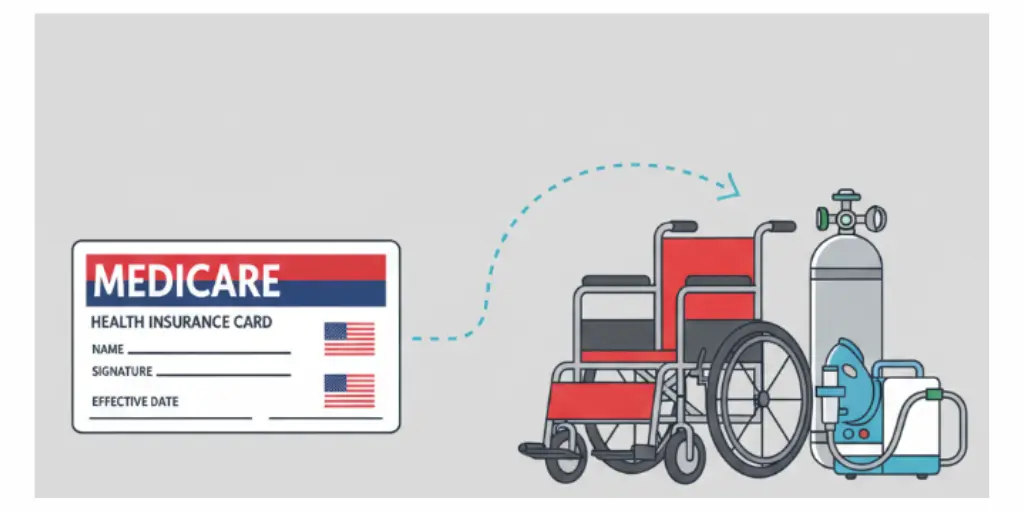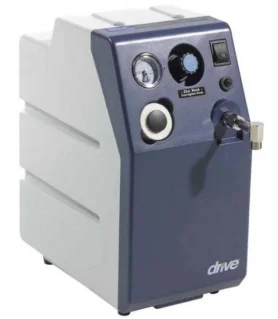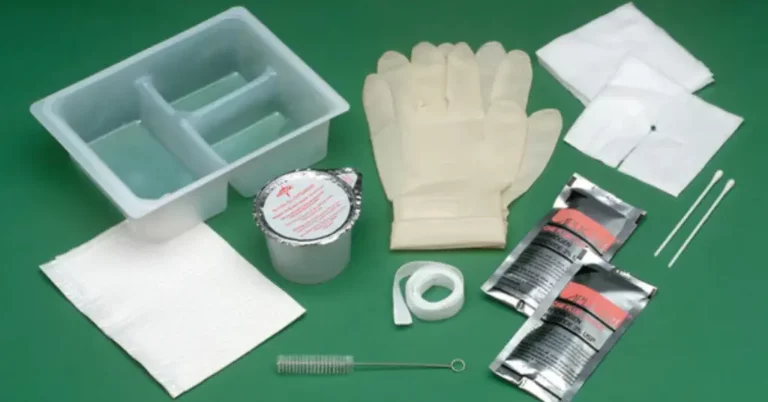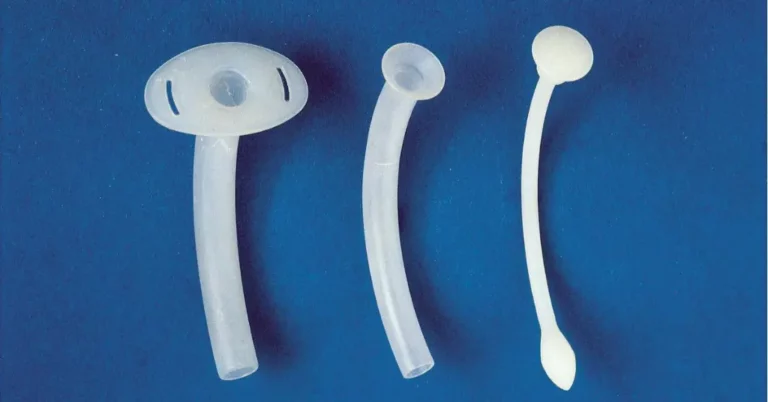Does Medicare Cover Durable Medical Equipment? A Guide
Key Takeaways
- Medicare Part B covers DME: Medicare’s Part B (Medical Insurance) will cover a wide range of durable medical equipment, such as walkers, wheelchairs, and hospital beds, as long as a few conditions are met.
- A doctor’s prescription is required: To get Medicare coverage, a Medicare-enrolled doctor must prescribe the equipment for you to use in your home. Some items, like power wheelchairs, may require detailed “chart notes” to prove medical necessity
- It must be for home use: The equipment is only covered if it is intended for use in your home.
- Use an approved supplier: You must get the equipment from a supplier like us at who is enrolled in and approved by Medicare. UniversalMed Supply is a Medicare contracted provider.

If you or a loved one needs equipment to help with a medical condition, a common question is: “Will Medicare pay for this?” The answer is yes, if you have Medicare part b.
Medicare Part B (Medical Insurance) covers a wide range of durable medical equipment (DME), as long as it is medically necessary. This includes items like:
- Walkers
- Wheelchairs
- Power Wheelchairs
- Hospital beds
- Oxygen equipment
- And many others, from canes to CPAP machines
The Key Rules for Coverage
To get coverage for your DME, a few simple requirements must be met:
- A Doctor’s Prescription: Your Medicare-enrolled doctor or a health care provider must prescribe the equipment for you to use in your home.
- Chart Notes: Some equipment, especially those that require prior authorization like power wheelchairs, will require a specific appointment and chart notes from those appointments which extensively details the medical necessity for the item you’re trying to obtain.
- It’s for Home Use: Medicare covers DME that is meant for use in your home. This is a very important rule to remember.
- Use a Medicare-Approved Supplier: You must get your equipment from a supplier who is enrolled in and approved by Medicare.
What You'll Pay
Once you have met your yearly Part B deductible, you are generally responsible for 20% of the cost, and Medicare pays the other 80%. It’s a good idea to make sure your supplier “accepts assignment”. This is a promise that they will not charge you more than the approved Medicare amount, protecting you from unexpected bills. If you have Medicaid as secondary coverage then you’ll be protected from any out of pocket costs. Medicaid will pick up the remaining 20% that’s left over post Medicare coverage.



